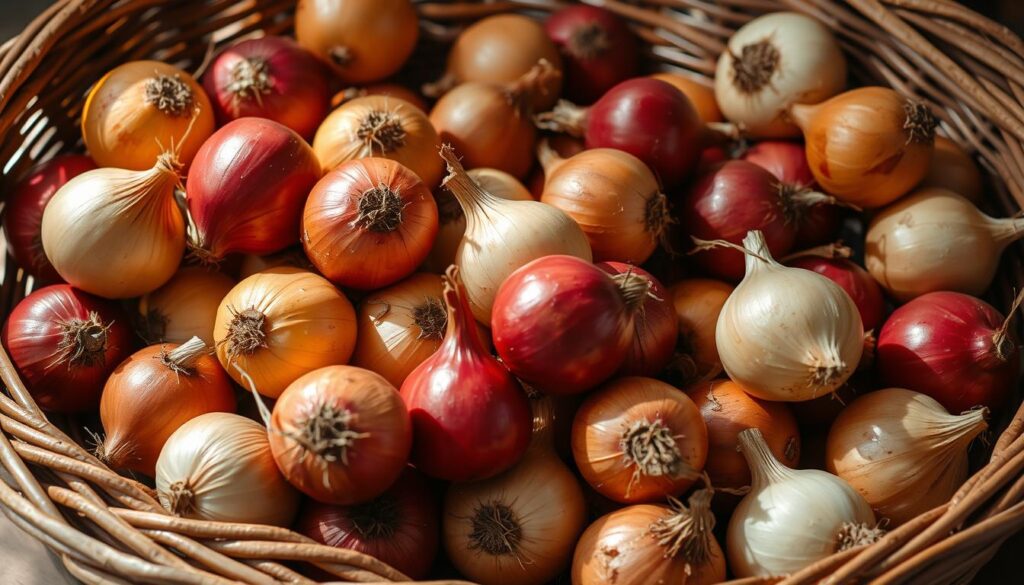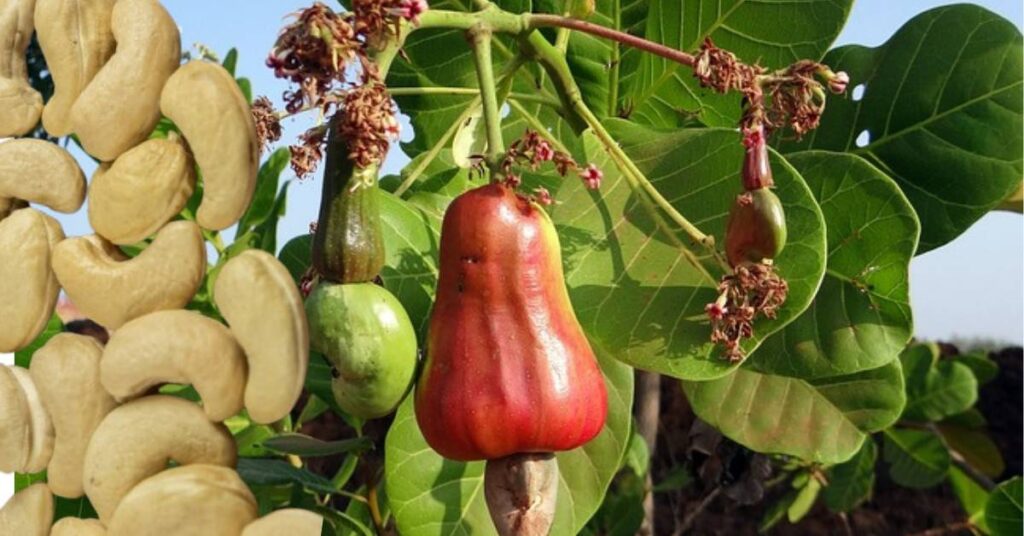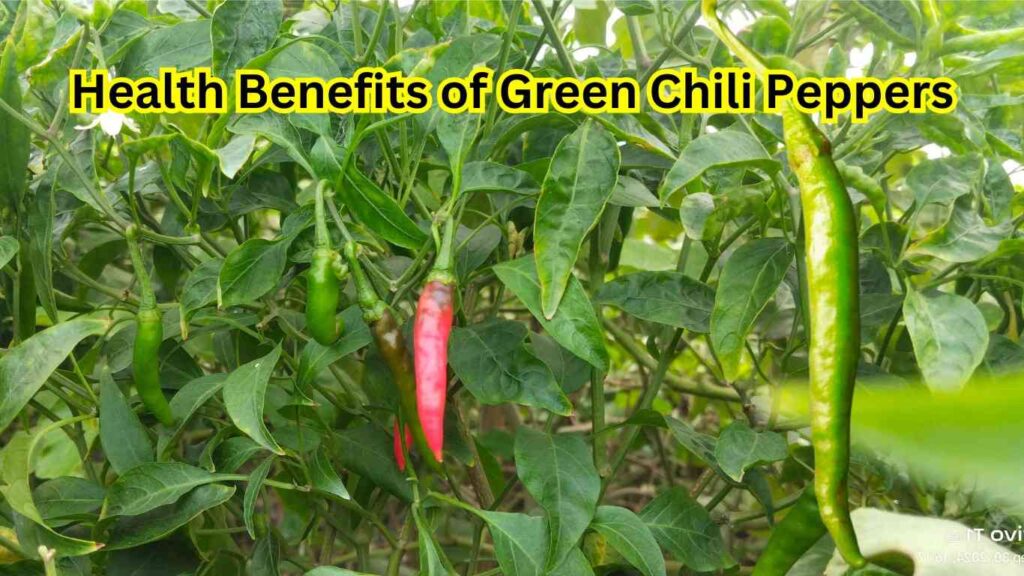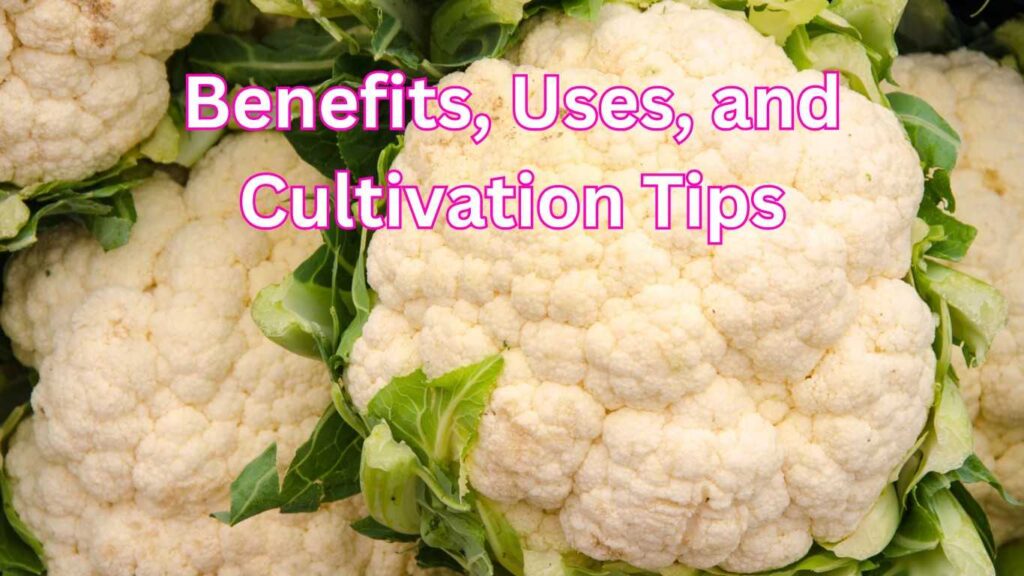Onions are more than just a kitchen staple. They add flavor, health benefits, and versatility to many dishes. From enhancing soups to being the star in caramelized toppings, onions deserve their place in the spotlight. This guide covers types of onions and onion recipes to make your cooking better.
Find out how cooking with onions can make meals better and learn about their onion benefits. Whether you’re learning storage tricks or trying new onions like sweet Vidalias, this article has something for you. Let’s explore the world of onions and unlock their full potential!
Key Takeaways
- Onions add flavor to both sweet and savory onion recipes.
- Explore types of onions like red, yellow, and sweet varieties for different dishes.
- Learn cooking with onions techniques to maximize taste and texture.
- Understand onion benefits like antioxidants and fiber content.
- Discover storage tips to keep onions fresh longer.
The Colorful World of Onion Varieties
Onion varieties add flavor and color to our meals. Each type, like yellow, red, white, and sweet, has its own special taste. Knowing how to choose the right onion can make any dish better.
Yellow Onions: The All-Purpose Kitchen Staple
Yellow onions are great for many recipes. Their thick skin keeps them fresh during cooking. They’re perfect for caramelizing, soups, or roasted dishes.
Look for firm bulbs with dry outer layers. These onions add a rich flavor to stews and soups.
Red Onions: Adding Color and Crunch
Red onions bring a vibrant purple color to dishes. Their sharp taste is best when raw or lightly grilled. Marinate slices in vinegar to soften their flavor.
Slice them thin for burgers or tacos. Roasting can also mellow their pungency.
White Onions: The Mild-Mannered Option
White onions have a mild taste. They’re essential in Mexican dishes like salsa or fajitas. Choose firm bulbs with no soft spots.
Their clean flavor pairs well with bold spices. Use them in fresh salsas or grilled tacos.
Sweet Onions: From Vidalia to Walla Walla
Sweet onions like Vidalia and Walla Walla are less pungent. They’re perfect for raw uses in salads or sandwiches. Look for them in spring for the best flavor.
Green Onions and Scallions: Fresh Flavor Enhancers
Green onions and scallions are young plants. They’re great in stir-fries or as garnish. Scallions, a type of green onion, add a fresh taste to soups or tacos.
Choose crisp stalks with bright green tops. They enhance any dish with their fresh flavor.
The Rich History of Onions in American Cuisine
Onions have been around for a long time, even before Europeans came to America. Native Americans used wild onions in their cooking and for medicine. Early settlers brought domesticated onions to the colonies.
Over the years, onions became a key part of culinary history. They are in many traditional onion recipes, like New England chowders and Southern Brunswick stew.
“Without onions, colonial kitchens would’ve lacked flavor and nutrition,” noted food historians studying frontier diets.
By the 1800s, onions were a staple in many dishes. French onion soup became popular in diners, and Cajun jambalaya and Tex-Mex fajitas showed their versatility. Today, they’re in dishes like loaded burgers and tangy onion rings.
Onions’ journey shows America’s love for diverse food. Their story is not just about taste. It’s about connecting past and present in every bite.
Essential Onion Preparation Techniques
Learning how to prepare onions can make a big difference. It makes cooking easier and more enjoyable.
How to Cut an Onion Without Tears
Here’s how to cut onions without crying: Chill them in the fridge for 30 minutes first. Or, slice near a fan. Remember, cut the root last—it has the most irritants!
- Wear kitchen goggles for maximum protection.
- Work quickly to minimize exposure to fumes.
Dicing, Slicing, and Mincing: A Visual Guide
| Method | How | Best Uses |
|---|---|---|
| Dicing onions | Cut into 1/4-inch cubes | Stir-fries, tacos, and soups |
| Slicing onions | Cut into rings or half-moons | Sandwiches, salads, and garnishes |
| Mincing onions | Chop until nearly paste-like | Sauces, marinades, and spice blends |
Caramelizing Onions to Perfection
To caramelize onions, use a heavy skillet. Cook them low and slow, at medium-low heat for 30-40 minutes. Stir often to avoid burning. Add a dash of sugar for extra sweetness.
Roasting, Grilling, and Frying Methods
- Rosted Onions: Toss whole onions with olive oil, roast at 375°F for 45 mins until soft.
- Grilled Onions: Brush slices with oil, grill 5-7 mins per side. Perfect for kabobs!
- Fried Onions: Fry in hot oil until crispy. Drain on paper towels for crunch.
Must-Try Onion Recipes for Every Occasion
Onions are culinary superheroes, starring in dishes from appetizers to desserts. Explore our collection of onion recipes that show off this versatile veggie. From creamy french onion soup to sweet onion pies, these dishes make every meal special. Learn how cooking with onions can make every course better.

Hearty Soups and Stews
Warm up with velvety french onion soup. Caramelize onions slowly, simmer in beef broth, then top with toasted bread and gruyère. For a twist, try onion soup with Vidalia onions or a smoky chili with diced onions. Serve with cornbread or a green salad for balance.
- Customize with mushrooms or a dash of red wine for depth.
- Prep caramelized onions ahead to cut down prep time.
Show-Stopping Side Dishes
Elevate sides with onion rings dipped in buttermilk batter, or bake halved onions with balsamic glaze for a baked onion side. For elegance, layer onion bread brushed with garlic and rosemary, or try cheesy onion gratin as a crowd-pleaser. These onion side dishes add a savory touch to any plate.
Main Course Meals Where Onions Shine
Let onions take center stage in dishes like savory onion tarts or herb-stuffed roast chicken with onion filling. Try caramelized onion pasta or a hearty quiche packed with sautéed onions. These onion main dishes are perfect for weeknight dinners or weekend feasts. Pair with roasted veggies for balance.
Sweet Treats with Surprising Onion Additions
Surprise guests with onion desserts like tangy onion jam on cheese boards or a spiced sweet onion pie. Even onion cookies with a hint of cinnamon work as a unique treat. Adjust sweetness with brown sugar or citrus zest to taste.
The Powerful Health Benefits of Eating Onions
Onions are more than just a flavor enhancer; they’re a health powerhouse. They’re full of antioxidants in onions like quercetin. These veggies support heart health and boost your immune system. Adding onions to your meals is a smart move.
- Antioxidants in onions fight off harmful free radicals, with red onions having the most quercetin.
- Onions and heart health are linked because of their fiber and sulfur compounds. These may lower bad cholesterol and blood pressure.
- Immune-boosting onions are rich in vitamin C and compounds that boost your immune system.
- Anti-inflammatory foods like onions help reduce chronic inflammation, which is linked to many diseases.
| Variety | Quercetin Content | Prebiotic Foods Potential | Key Benefits |
|---|---|---|---|
| Red Onions | Highest | Supports gut flora | Top antioxidants in onions for heart health |
| Yellow Onions | Moderate | Rich in fiber | Excellent for anti-inflammatory effects |
| White Onions | Lower | Easy to digest | Great in raw dishes for immune support |
Cooking methods matter. Raw onions keep more quercetin. Gentle sautéing keeps prebiotic fibers. But, overcooking can reduce vitamin C, though it makes them taste better. Try different types to get the most onion health benefits.
“Onions are nature’s multi-vitamin: versatile and scientifically backed for wellness.” – Journal of Agricultural and Food Chemistry
Onions are great for gut health and fighting oxidative stress. They should be a key part of your diet. Add more onions to salads, soups, or roasted dishes for a nutritional boost.
How to Store Onions for Maximum Freshness and Flavor
Learning how to store onions right keeps them fresh and flavorful for a long time. The right storage methods stop onions from going bad. Start by choosing a cool, dark, dry place for most onions.

- Store whole yellow and white onions in mesh bags or wire baskets in a dry pantry for optimal storing onions.
- Refrigerate sweet onions (like Vidalia) only if they’re cut; whole ones stay best at room temperature.
- Avoid refrigerating onions with potatoes—they release moisture that causes decay.
Freezing and Preserving Techniques
To extend shelf life, try:
- Chop onions, blanch them briefly, and freeze in airtight containers for up to 3 months.
- Dehydrate slices in a food dehydrator for homemade onion powder.
Pro tip: Label containers with dates to trackfreezing onionsbatches.
Signs Your Onions Have Gone Bad
Discard bulbs that are:
- Soft, mushy, or sprouting.
- Smell fermented or sour (a sign of onion spoilage).
Slightly soft onions can still be cooked but lose crispness.
Growing Your Own Onions: From Garden to Table
Discover the joy of growing onions at home with these simple steps. Whether you’re a seasoned gardener or a first-time planter, onion gardening offers rewarding results. Start by choosing between onion sets, seeds, or transplants. Sets are ideal for beginners, while seeds offer more variety.
Check planting zones for optimal timing—most regions sow planting onions in early spring.
- Soil: Loosen soil with compost for drainage and nutrients.
- Spacing: Plant 1–2 inches apart in rows, or in containers for container gardening success.
- Water regularly but avoid soggy soil; mulch to retain moisture.
Protect young plants from pests like onion maggots with row covers. Harvest when tops yellow and fall over—this signals peak flavor for your home grown onions. Cure bulbs in a dry spot before storing. Troubleshoot issues like bolting by timing plantings to avoid extreme heat.
Enjoy the satisfaction of a bountiful onion harvest that tastes better than store-bought. Even small spaces can yield a crop with proper onion cultivation techniques. Start small, and savor the crunch of homegrown flavor in every dish!
Surprising Non-Culinary Uses for Onions
Onions are more than just a flavor enhancer in cooking. They have onion uses in remedies, cleaning, gardening, and beauty routines. Discover these creative uses that blend tradition with practicality.
Natural Remedies and Home Treatments
Transform kitchen scraps into onion health remedies. A onion poultice (cooked onions in cloth) can help with congestion. Onion syrup or diluted juice might ease coughs. For earaches, try onion ear oil (crushed onion in oil). Always check with a doctor before using these remedies.
Household Cleaning and Deodorizing
Use onions for onion cleaning uses. Place sliced onions in bowls to absorb fridge smells. Rub a half onion on grills or tools to clean them. For glass stains, mash onion skins with lemon juice for a polish. Make sure to test it first!
Gardening Hacks Using Onion Scraps
Enhance your garden with onion garden applications. Soak seedlings in onion water to keep pests away. Replant sprouted onions for green shoots. Dry onion skins in compost piles to improve soil—a smart onion composting tip.
DIY Beauty Treatments with Onion Extract
Onion’s sulfur compounds are great for beauty. A onion hair treatment (juice mixed with conditioner) may boost hair growth. For onion beauty treatments, mix juice with honey to fight acne. Always do a patch test for skin sensitivity.
Conclusion: Embracing the Versatility of Onions in Your Daily Life
Onions are more than just a kitchen staple. They add depth to meals and improve wellness. From sweet onions in salads to caramelized ones in burgers, they offer endless flavors. They’re great for cooking, whether you’re dicing for tacos or grilling for sides.
Onions are packed with nutrients like antioxidants and fiber. This makes them a smart choice for health-conscious eaters. They’re not just good for taste; they’re also good for you.
Exploring onion recipes can make simple dishes memorable. Try them in soups, salsas, or even desserts for a sweet-savory twist. Keeping them fresh is easy with the right storage tips. Onions are also useful in DIY remedies and garden hacks.
Next time you use an onion, think about its many uses. With so many varieties and techniques, onions are a key to healthier eating and creative cooking. Whether you’re slicing red onions for salads or trying new recipes, onions are a must-have. They’re not just a base ingredient; they’re a source of flavor and nutrition for every kitchen.




















